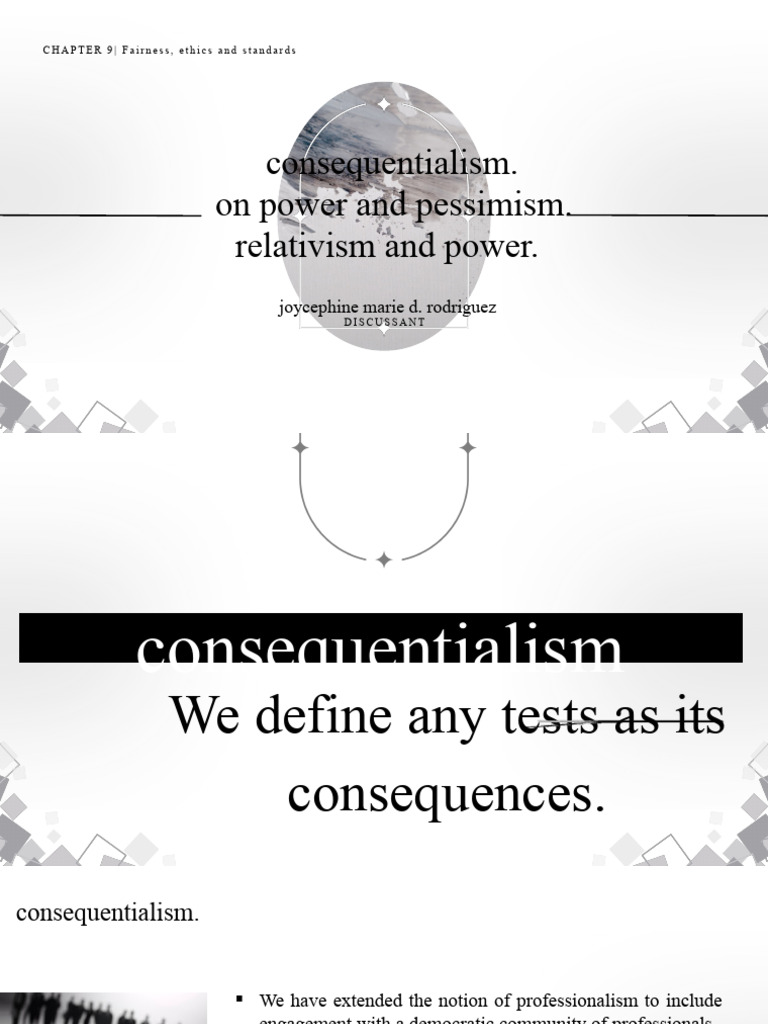In an increasingly tumultuous world, the specter of pessimism lurks in the shadows of the human psyche. It pervades our thoughts and colors our perceptions, often leading individuals to perceive life through a morose lens. However, Bahá’í teachings elucidate a transformative pathway towards transcending this mental malaise, advocating for the power of spirituality as a means of conquering pessimism. This dialogue gathers insights from the Bahá’í Faith, showcasing how a shift in perspective rooted in spiritual understanding can illuminate even the darkest corners of the human experience.
To embark on this journey, one must first acknowledge the profundity of pessimism itself. Defined as the tendency to see the worst aspect of things or believe the worst will happen, this attitude can be insidious. It breeds despair and disillusionment, making it arduous to navigate life’s myriad challenges. The Bahá’í teachings, however, illuminate a pathway towards reconstruing our understanding of existence, emphasizing the innate potential within each individual to transcend negativity. By fostering a spiritual outlook, believers can counteract the paralyzing effects of pessimism.
Central to Bahá’í thought is the recognition of the individual’s capacity for transformation. The teachings assert that through deepening one’s spiritual understanding, an individual can cultivate resilience against pessimism. This resilience is not merely about adopting a positive mindset; it transcends surface-level optimism, delving into a profound acknowledgment of one’s connection to the Divine and humanity at large. Such awareness engenders a sense of purpose that can defy despair.
The Bahá’í perspective emphasizes the interconnectedness of all people, a tenet that can significantly mitigate feelings of isolation often associated with pessimism. By recognizing one’s place within a tapestry of humanity, individuals can begin to see life from a novel viewpoint. This recognition fosters empathy and compassion, facilitating connections that counteract the isolation that pessimism often breeds. Engaging in acts of service and contributing to the well-being of others serves not only to uplift those around us but also irrevocably elevates our own spirits.
Moreover, the Bahá’í writings prescribe the cultivation of virtues as a potent antidote to pessimistic thinking. Qualities such as optimism, hope, and courage act as spiritual emanations that counterbalance negativity. The practice of self-reflection, infused with spiritual contemplation, enhances one’s awareness of these virtues. Regular engagement with prayer and meditation fosters the development of an inner sanctum where positivity can flourish. This spiritual sanctuary becomes a refuge amidst the storms of pessimism, offering solace and strength.
In the face of adversity, the Bahá’í teachings encourage individuals to embrace a mindset of optimism fortified by purpose. The belief that humanity is in a state of evolution resonates deeply within Bahá’í thought. It suggests that the tribulations we face are not insurmountable; rather, they are opportunities for growth and transformation. This perspective unveils a radical shift in how one can perceive challenges—not as insipid hurdles, but as essential components of the broader narrative of collective advancement.
Further, the power of community within the Bahá’í framework serves as a bulwark against the encroachment of pessimism. Engaging in vibrant, uplifting communities reinforces the ideals of mutual support and shared aspirations. In communal settings, the energies of collaborative endeavor and spirited dialogue ameliorate feelings of despair. Such interactions not only invigorate the spirit but also embed individuals in networks of encouragement and inspiration, which are indispensable in the quest to transcend negativity.
The interplay of knowledge and awareness is paramount in this transformative journey. Bahá’í teachings champion the acquisition of knowledge as a tool for enlightenment and empowerment. Knowledge provides clarity, which can dispel the fog of pessimism that often clouds judgment. When individuals educate themselves about the principles of their faith and the broader workings of the universe, they nourish their spirits and cultivate a deeper understanding of their lives’ purpose. This enlightenment fosters a proactive stance against negativity, encouraging believers to engage with life actively and purposefully.
Moreover, incorporating the concept of the eternal nature of the soul into one’s worldview redefines the boundaries of perseverance. Bahá’í teachings impart that the soul is immortal, offering a profound context for everyday challenges and tribulations. This perspective instills a sense of accountability and encourages a longer view of life’s journey. Consequently, the temporary nature of despair becomes clearer, offering individuals the courage to confront and dethrone pessimism through active participation in life.
The transformative power of spirituality, as delineated in Bahá’í teachings, is not merely a theoretical construct. It calls for active engagement, necessitating individuals to implement these principles in their daily lives. Whether through personal reflection, communal activities, or acts of service, each individual possesses the agency to shift their perspective. This act of shifting serves as a catalyst for not only personal transformation but also collective upliftment.
Ultimately, conquering pessimism through the lens of spirituality presents a promising avenue for growth and renewal. By embracing the teachings of the Bahá’í Faith, individuals can cultivate a mindset that is not merely resigned to optimism but actively engaged in the pursuit of a life imbued with purpose and connection. The path forward beckons with possibilities, urging all to step beyond the confines of negativity towards a brighter, more vibrant existence that reflects not only personal liberation but the collective advancement of humanity.
